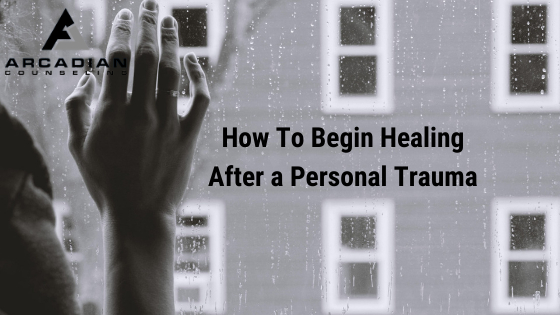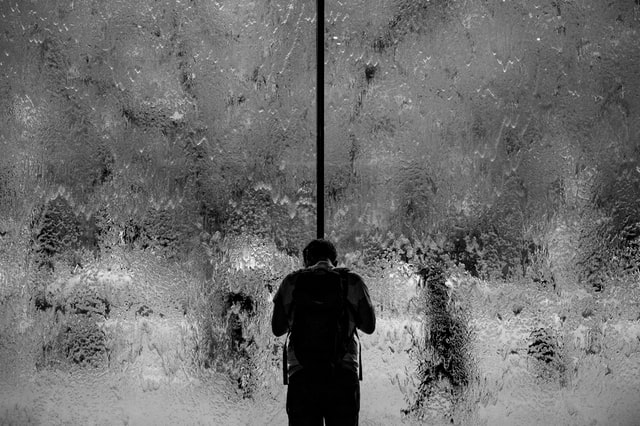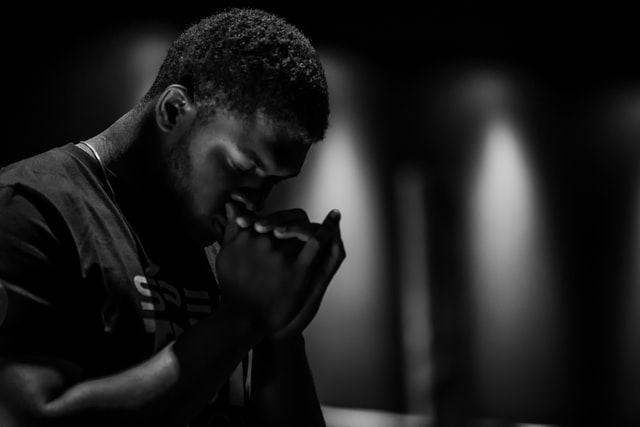No one is ever prepared for a tragedy or the trauma that can follow. In fact, most of us go through life believing that tragedies happen to other people.
When people do experience a distressing or life-threatening event, such as a car accident, natural disaster, or terrorist attack, they often develop extreme anxiety or PTSD. Many develop ongoing problems with their personal relationships and their own self-esteem.
Everyone deals with trauma in their own way. There is no right or wrong way to respond to a tragic or terrifying event. Well actually, the only wrong way would be to ignore your feelings afterward and/or try to hide from them.
But don’t let anyone (even yourself) tell you that you should respond in a certain way.
However, there are steps you can take to begin to heal and regain on control of your life right now.
Be open to Your Feelings after a trauma
Numbing your feelings of fear, shock, rage, terror, confusion, or guilt will only slow your recovery. In the moment, it may feel like you must avoid your emotions. But, whether you accept or push them away, your feelings are real, and feeling them is necessary for healing.
The good news is, even intense feelings will pass if you simply allow yourself to feel them. Sit with them. Allow yourself to experience the full breadth of the emotion. Recognize that the feelings themselves cannot hurt or harm you. Rather, it is what you do (behaviorally) as a result of the feelings, that can cause harm.
Reframe Your Identity
When dealing with trauma, it’s common to feel helpless and out-of-control. To fully recover from the trauma, it is vital that you eventually reframe your identity and explore any feelings of helplessness. You can do this by taking action.
Being proactive, even in small ways, will help you overcome feelings of fear and helplessness. This starts with maintaining your focus on what is within your control, not what isn’t within your control.
Ruminating and obsessing over the event, will only create feelings of anxiety.
Focus your attention and energy on taking care of yourself. Staying active, eating well, getting enough sleep, and maintaining your regular responsibilities and obligations will help keep your attention on what is within your control.
Consider volunteering for a cause that’s important to you. If that is too much of a time commitment, you could simply focus on helping a friend or neighbor. This will help you feel more in control of your environment – and yourself.
Reach Out To Others
It is common for us to want to withdraw from loved ones and social activities following a tragic event. However, connecting with others is extremely important and necessary for recovery.
Though you may not feel up to taking part in parties or large gatherings, a simple face-to-face conversation with a close friend or relative can trigger hormones that relieve stress. You don’t need to talk about the event with your loved ones, just simply spending time with him will help you feel more “normal.”
Of course, if you feel like you need to talk about your feelings, reach out to those close to you. You may want to look into support groups in your local area so you can be around others who know what you’re going through.
Pain is a part of life, but suffering is optional. Life is too short to suffer. If you’re struggling with ruminating, obsessing, anxiety, or any other difficult emotions after a personal trauma, find an awesome therapist near you to help you navigate your way back to you.
James Killian, LPC is the Principal Therapist & Owner of Arcadian Counseling in New Haven, CT where they specialize in helping over-thinkers, high achievers, and perfectionists reduce stress, increase fulfillment and enhance performance so they can move From Surviving To Thriving.




